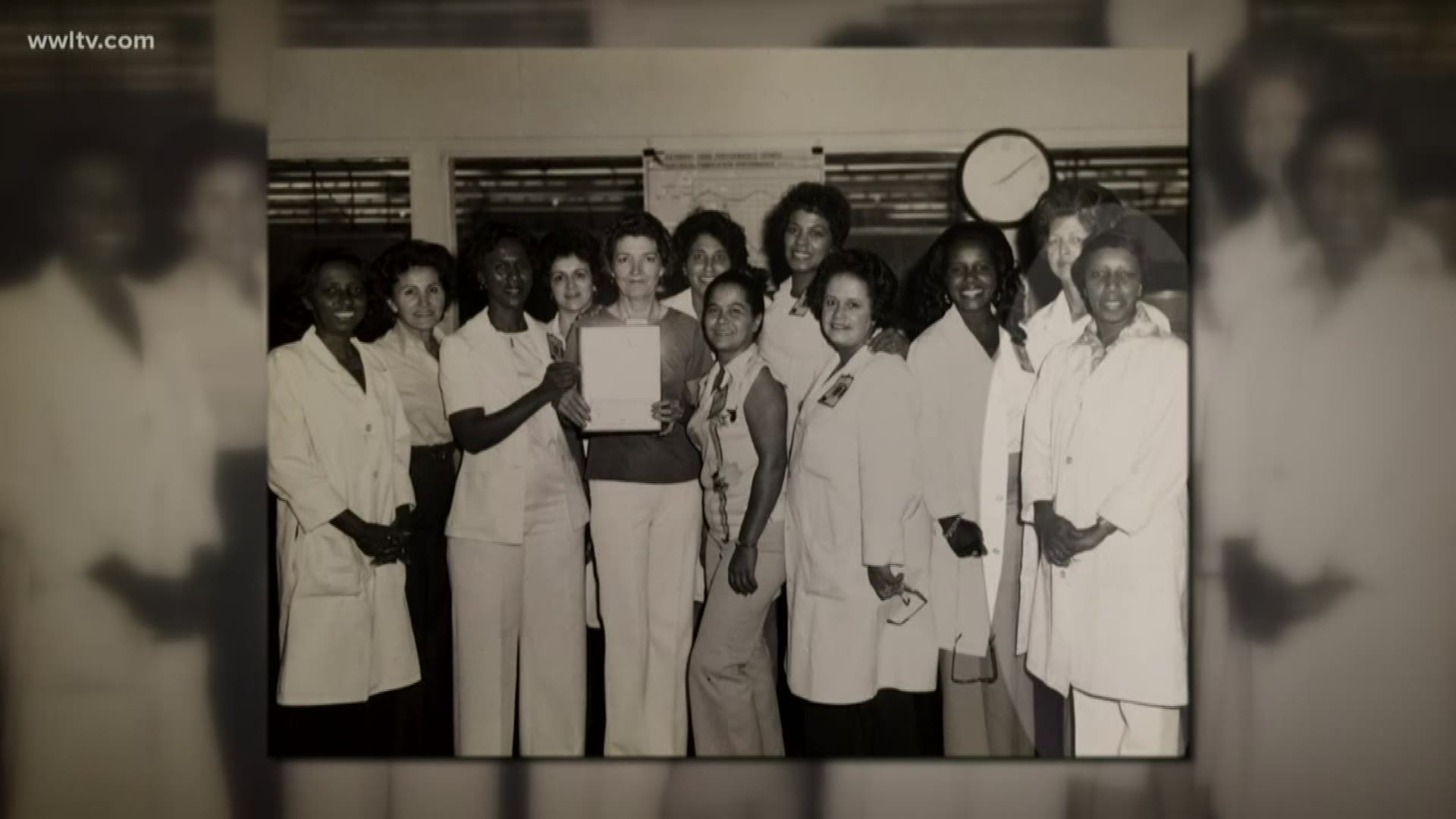NEW ORLEANS — Iona Boseman never planned to be a part of history.
“I was studying secretarial work (at SUNO),” the New Orleans East resident said. “I wanted to do that.”
But at 35 years old, she launched an unexpected career at the Michoud Assembly Facility after a friend told her about an opening there.
"I had never heard of soldering,” Boseman said Wednesday. But from 1964 to 1996, working with and building electronics would become her life as she helped to build rockets for Apollo missions and the space shuttle program.
Now, as the country celebrates the 50th anniversary of the moon landing, Boseman remembers with fondness her time at Michoud and the role she had with helping to get man to the moon.
During the 1960s, Michoud was a bustling place as 15,000 people worked 24 hours a day to churn out booster rockets for the Apollo program.
Things only got busier after President John F. Kennedy announced his ambitious plan to land on the moon and return safely before the Russians could get there.
But for as exciting as the work was, the work Boseman did came with its own stress level.
“I always tried to do my work perfect, because I knew peoples’ lives were involved,” Boseman said.
The majority of NASA’s missions went off without any issues. But there were rare times things went wrong.
Boseman, for example, remembers getting the news about Apollo 13.
“Oh, that was a terrible day,” she said. “I can remember one of the inspectors running down the hall. … It was a sad day.”
RELATED: Voice of Mission Control remembers the heart-stopping moments before Apollo 11 moon landing
But she also remembers the happier days, like the one a half-century ago when Neil Armstrong, “Buzz” Aldrin and Michael Collins were launched toward the moon by the rocket she and her colleagues worked to build.
“Everyone would get around a television in the plant and watch it go up. Your heart just went up with it,” she said. “You just felt real good, especially when everything was successful.”
Boseman said she’s amazed that there is now talk of the moon as a place that people can visit, just like they would anywhere else on earth.
“I wonder if I was younger if I would buy a ticket to go,” she said.
She’s grateful for her unexpected place in the history books and now wonders about NASA’s next stop in the final frontier.
“They’ve been to the moon,” she said. “They can go further.”

